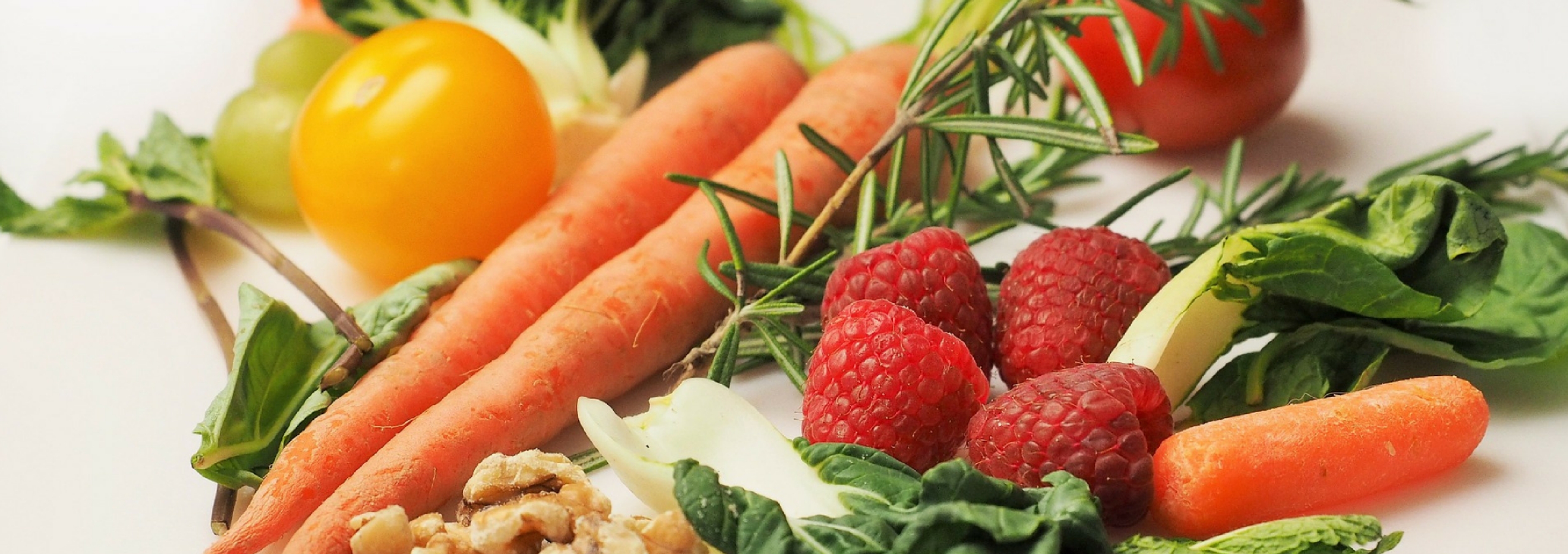
If you are a cancer carer or know someone who is, give yourself (or them) a pat on the back! Carers do such an amazing job and our society couldn’t function without them. Collectively, cancer carers play a huge role in our community and the stats are pretty impressive!
Every year, cancer carers in Australia save our health care system around $2.45 billion (imagine having to fundraise that!) and provide around 79,200,000 hours of care*. While many carers take on this role as an act of love for the patient, the constant juggling act and energy required to provide care, can start to take its toll.
Cancer is often described as a ‘We-disease’. You may have noticed carers saying things like ‘we are having a good day today’ or ‘we are scheduled for chemo next week’. Carers usually take on many additional responsibilities, which ultimately affects their health and wellbeing.
Unfortunately, many carers don’t get the care they need because they often compare their needs to those of the patient. They can see their needs as insignificant (when most of the time, they are not) and they put off going in for check-ups or getting the help they need. Some research has even gone as far to show that being a cancer carer increases the risk of mortality by 63% compared to someone who isn’t a carer (I know! Crazy right?) To add to this, cancer carers often have higher levels of fatigue, stress, mood disturbances, mental health concerns (like anxiety and depression), insomnia and digestive complaints compared to the rest of us.
One of the areas that we don’t know very much about is how taking on this carer role might influence eating patterns and food choices in the carer. We know lots about how cancer affects the patient and we know that many of the symptoms I mentioned above can impact food choices. What we still don’t know is how these things might interrelate and impact cancer carers.
This is why I’m doing some research! As a clinician, I’ve seen a variety of changes in the eating patterns of my patients who are cancer carers. In order to provide a better level of care, we need to learn more. My research team from the University of New South Wales and I are on a mission to learn more about how being a carer might affect eating patterns and food choices in cancer carers.
We are hoping to use our findings to contribute to the development of a carer-specific nutritional program that will support and promote carer’s health and wellbeing so that they can continue to provide care while maintaining their health.
HOW YOU CAN HELP.
Who can take part?
Anyone over the age of 18, who is currently caring for someone with cancer, living in New South Wales and is English speaking.
What will you be asked to do?
We will ask you to fill out an online questionnaire that will take you about 15 minutes. This questionnaire will ask you about your general caregiver role, how you feel about caring and a few things about your eating patterns.
You will also have the opportunity to participate in a 60-minute interview where we will chat to you about your eating patterns and caregiving role in a little more detail. This can be done face-to-face or over Skype/Facetime at a time that is convenient for you.
You will also be given the opportunity to discuss any nutrition-related questions that you have with our research team so if you’ve had some burning questions, we are happy to work through them with you.
How to get involved
If you would like to participate in the study please go to http://www.surveys.unsw.edu.au/f/162931/1e9a/ If you would like to learn more about the study, please contact Rebecca Warren on 0425 834 846 or send us an email to healthforhelp@outlook.com
*79 200 000 hours of care is a calculated figure that came from the following sources:
“Informal carers contribute approximately 1.32 billion hours of care each year.”
(REF Pezullo L. McKibbin R, Cheung S and Cutler H. The Economic Value of Informal Care, 2010. Australia: Access Economics and Carers Australia; 2010 (October). 68p.)
“Cancer carers account for approximately 6% of this.”
(REF Anon S. The Hardest thing we have ever done: The Social Impact of caring for terminally ill people in Australia, 2004. Australia: Palliative Care Australia; 2004 (May). 76p. Report No.: ISBN 0-9 752295-0-8 )









